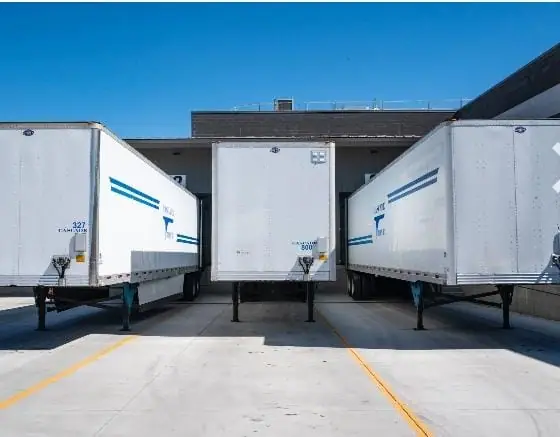Trailer Insulation > Nowadays, the Trailer becomes a part of commercial society. A trailer is useful for cars, caravans, trucks, campervans, buses, and cargo. We can say about to define the trailer, trailer as a large size or small size container, which is usually placed on the wheels and pulled by a car or any other type of vehicle. We can say about the trailer, a trailer is a type of vehicle that has wheels but no engine because the trailer is attached to the engine.
Mostly trailer is used for transporting large and heavy things and items. In different areas, some people called for trailers, camp trailers, campers, caravans, motor caravans, and trail cars but the character and intention of the trailer are to pull out or haul the heavy materials.
We see there is a variety of trailer types available in the market, in different sizes and different types. These trailers are either insulated or available without insulation, you should buy them according to your use and budget. To makes things easier all about trailer types and trailer insulation we are coming here with this post, we hope that this will be useful to you. Let’s start to read the information. First, we start with the types of the trailer, which are available in the market in variety and sizes.
Types of trailers
In this passage of this article, you will understand more information about the types of trailers and you should select the correct type of trailer depending upon which you want to carry. There are the following types of trailers available in the market:
Utility Trailer
The utility trailer is available in great sizes. It’s larger and haul or pulled out and carry a large item. You can use this type of trailer to carry the equipment of landscaping material, big sizes motorcycles. This trailer should be able to carry a heavy load for a business need. If you only want a trailer for just one-time use, then you can also consider renting a trailer on a rental basis trailer. There are two main types of utility trailer
- Enclosed trailer
- Open-air trailer
Enclosed Trailer
The enclosed trailer is known as the secure trailer type. The enclosed trailer has durability, and water tightness with a cargo box design that’s why it’s known as an Enclosed Trailer. This type of trailer comes in the prefinished aluminum exterior skin, and it’s coated with Amscot and painted with premium paint on the whole frame of the trailer. Some Enclosed Trailers are available on the painted plywood floor.
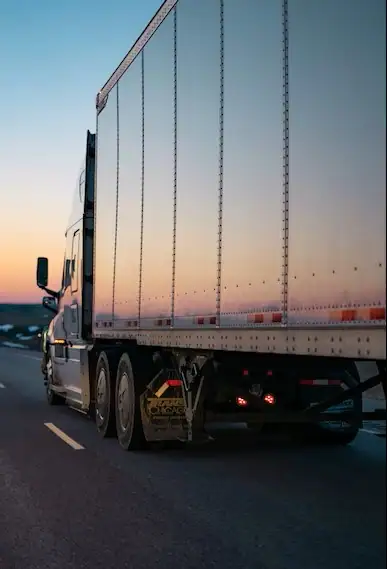
These trailers are designed to reduce the impact of very harsh weather like hot summer and cool winter. Because of enclosed it can able to provide protection. Enclosed trailers are fully enclosed that’s why it’s a little bit an expensive than other types.
Open-Air Trailer

Open-Air Trailers are also available with painted by premium paint on all metal surfaces. This type of Trailer is more durable and mostly used for heavy loads. The Open-Air Trailer is also painted with premium paint on the metal surface like Enclosed Trailers. Open Air Trailer is affordable but the drawback of its is it can’t able to protect from the weather and natural element.
Flatbed Trailer
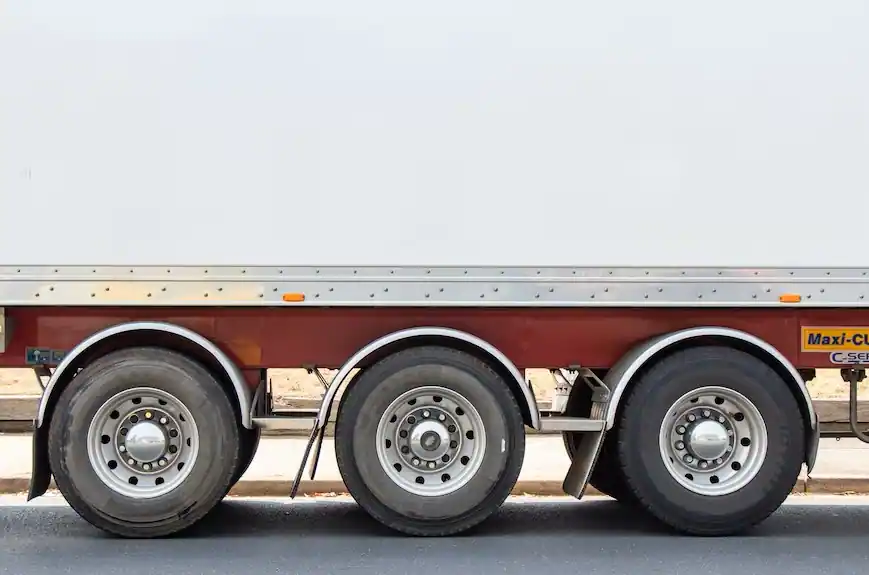
A flatbed Trailer is a versatile Open-air Trailer and it can be used as a secondary application. This type of trailer is available in steel framing. It has a flat deck for ease, which easier to load things. This trailer is also durable for use. Flatbed Trailers are available in a variety of sizes and widths 24, 40, 45, 48, and 53 feet long. Between them, a 48-foot size flatbed size is mostly used.
Top 4 Ways of Trailer Insulation / Best Trailer Insulation
Trailer Insulation is one of the first steps in put a more attractive look to any vehicle. Insulation slows the rate of heat into and out of the trailer, which makes it easy to maintain temperature. A properly insulated Trailer can provide as cool or as hot an environment as you want. Let’s find out more information about insulating the trailer. Now you may also have a question in your mind, that is which insulation material to use and how to use it? which insulation is the best trailer insulation? For clearing these points following passage will help you:
Thermal Bridging used for trailer insulation
To insulate the trailer first you should Thermal bridge to the trailer. Thermal bridging is an area that has higher conductivity than the material around it. The thermal bridges can provide an opportunity for heat to pass through. We have shared some information about Thermal Bridge in the Passive House Insulation article. Thermal Bridging to the trailer means, putting insulation between the steel studs and on top of the trailer, the only complexity is that you have to cover your studs with something.
Rigid Board Insulation
Rigid Board Insulation material is most commonly used to insulate the trailer because it’s cheap and easily available in the box. Rigid Board insulation comes in two kinds XPS and Polyiscoyonate Rigid Board. But the second one is better for insulating the trailer.
- XPS Rigid Board – XPS means Extruded Polystyrene Rigid Board. This is pink in color. It has an r value of 5.0 per inch at 75 F and 6.0 per inch at 15 F. That means this insulation works a little better in the cold season.
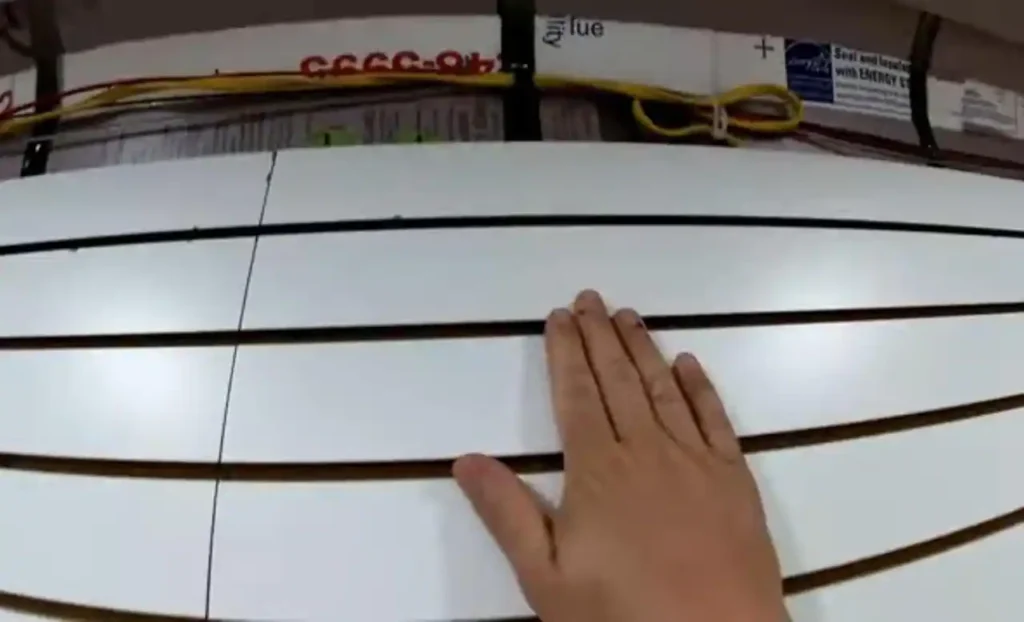
- PolyISO – It’s looking pretty compared to XPS and it’s having a higher R-value. It is shiny and reflective on one side and white on another side. It has 5.6 per inch at 75F and 5.0 per inch at 15F. This insulation works better for warm weather.
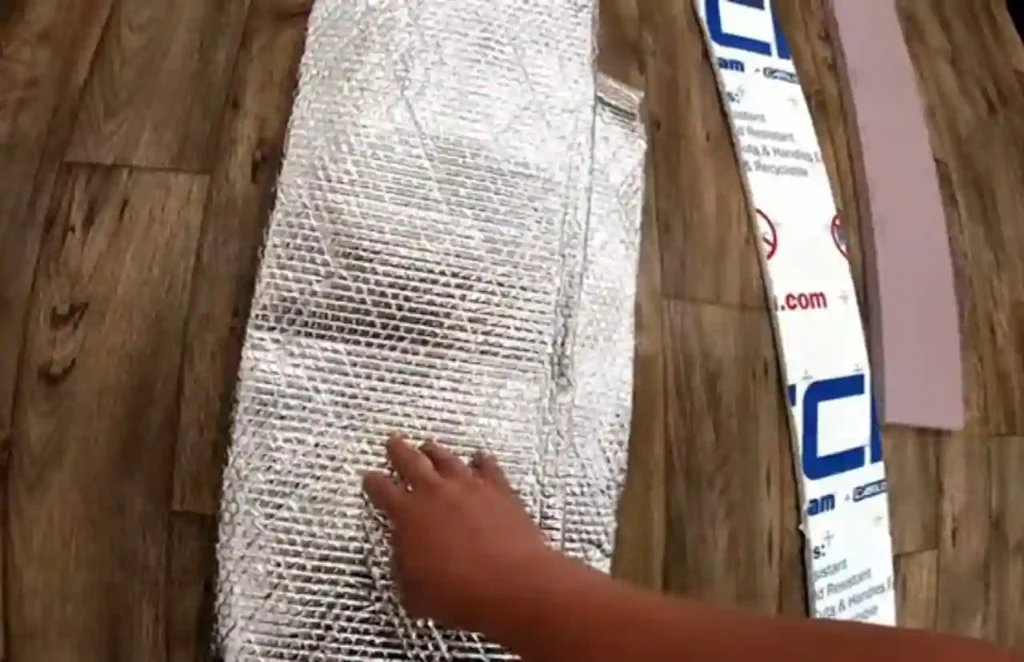
Spray Foam Insulation – Most commonly used trailer insulation
There are many opinions as to whether or not spray foam insulation should be used to insulate trailers. Apart from these opinions according to our research, foam insulation is best for insulating the trailer. Spray foam insulation is done in two methods or two types that are:
- Open-cell foam insulation – Open Cell Foam insulation is in form of tiny cells of foam, which aren’t entirely closed. When you expand, air fills the space inside the material and it makes the foam softer.
- Closed-cell foam insulation – In this form of Foam Insulation, all tiny cells of the foam are closed together. All tiny foam filled with gas helps to expand the foam and become the best insulator. Finally, it becomes dried and tough and feels in texture hard and dense.
If you want to go with Spray Foam Insulation for insulating the trailer, we suggest you, consider closed-cell spray foam because it’s space-saving and works superior to open-cell foam.
DIY Spray Foam Kits
- Tiger Foam – Directly you can buy from the manufacturer.
- Froth Pak – It is available at a low price.
- Touch ‘n Foam – is available at a low price and any Home Depot.
- Other Brands of Spray Foam – available on Amazon
Rockwool Insulation
Just like Fiberglass comes in sheets, Rockwool also comes in sheets and is therefore considered excellent for insulating to trailers. This insulation material is also known as Mineral wool insulation, we have also seen information about Mineral Wool or Rock Wool in the Green Home Insulation article. This is a rock-based mineral fiber insulation melting to basalt rock and slag.
This insulation can resist and prevents water, rot, and mold as well as fills the gap in wall cavities. Rockwool insulation is mostly used to insulate the trailer because it’s known as an excellent sound-damping material so it can able to make silence in the trailer. It has a good r-value, R- 3.0 per inch. Keep in mind, it is itchy while installing so wear a protective cloth and face mask.
How To Insulate Trailer – Trailer Insulation Steps
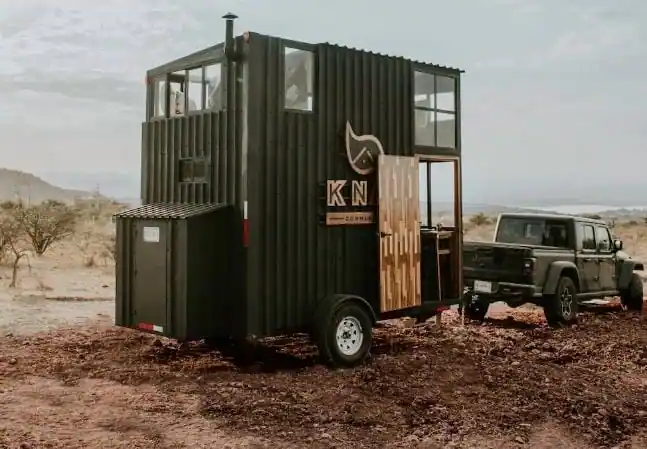
You can use the following steps to insulate the trailer:
- First insulate the trailer walls, ceiling, and floor of the trailer by using foam board insulation.
- Feel the gaps with the spray foam insulation.
- Then you have to cover all exposed aluminum ribs with thermal break, for that use a 1/4 inch fanfold.
- Then seal the seams with HVAC tape to create a moisture barrier.
- Then you have to need to attach the wooden strips to ribs to create a solid base for plywood sheet walls and a channel for wiring.
Now you are ready with a trailer for enjoying the world. Now you understand, how trailer insulation makes the inside environment more comfortable.
Bottom Line Of Trailer Insulation, how to insulate trailer, best trailer insulation
Briefly speaking about trailer insulation, it is important to insulate the trailer. All types of insulation material have good and bad effects and should be chosen by considering the material. A special material that is good for insulation trailers that are Rigid board insulation, which comes in two kinds, XPS Rigid Board means Extruded polystyrene and Polyiso Rigid Board.
XPS is good insulation for the floor of the trailer with an r value R-5 and Polyisocyanurate Rigid Board is another type that is foil-like on one side and acts as an effective vapor barrier. Because of the higher and best performance of Polyiscoyonate Rigid Board, it’s expensive. In Spray Foam insulation, Closed-Cell Foam has also considered good insulation for insulating the trailer. We hope this post will be useful to you.
What is the best insulation for a trailer?
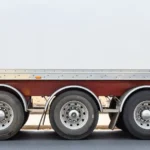
The type of insulation you choose for a trailer will depend upon various things, the environment in which you’ll use it, your financial situation also impact on that, and the particular requirements of the trailer. Here are a few solutions for trailer insulation that are mostly used that is:
Fibreglass Insulation
The most widely used material for caravan insulation is fiberglass insulation. It is inexpensive, easily accessible, and has effective thermal insulating qualities. Fiberglass insulation can be put between wall studs, in the cavities of the ceiling and floor, or in rolls or batts. Both soundproofing and heat transfer are effectively reduced by it.
Spray Foam Insulation
Spray foam insulation is a flexible choice that excels in air sealing and thermal insulation. It is sprayed as a liquid that fills voids and solidifies after expanding, forming an impenetrable barrier. Sealing gaps and crevices with spray foam insulation is especially effective in halting air leaks and moisture intrusion. It might be more expensive than alternative insulation choices, though.
Reflective Foil Insulation
Made up of a layer of foil or reflective material, reflective foil insulation is also referred to as radiant barrier insulation. Its purpose is to deflect radiant heat away from the caravan, assisting in keeping the interior at a comfortable temperature. In warmer areas, reflective foil insulation is useful and frequently used in conjunction with other insulating materials.
Rigid Foam Insulation
Rigid foam insulation boards with good thermal insulation qualities include expanded polystyrene (EPS) and extruded polystyrene (XPS). They are simple to cut and install, lightweight, and moisture-resistant. To insulate the trailer with the best insulation, rigid foam insulation can be used on walls, floors, as well as ceilings.
When choosing insulation for your caravan, it’s crucial to take into account elements like moisture resistance, fire safety, and the total R-value (a metric of thermal resistance). Furthermore, for the insulation to function at its best, appropriate installation is essential. If you’re unclear about the optimum insulation option or the installation procedure, speaking with a specialist or an expert caravan builder can offer helpful advice tailored to your trailer’s needs.
Do let us know how you feel about this information by commenting.
Like our Facebook page and follow for other updates like this.

